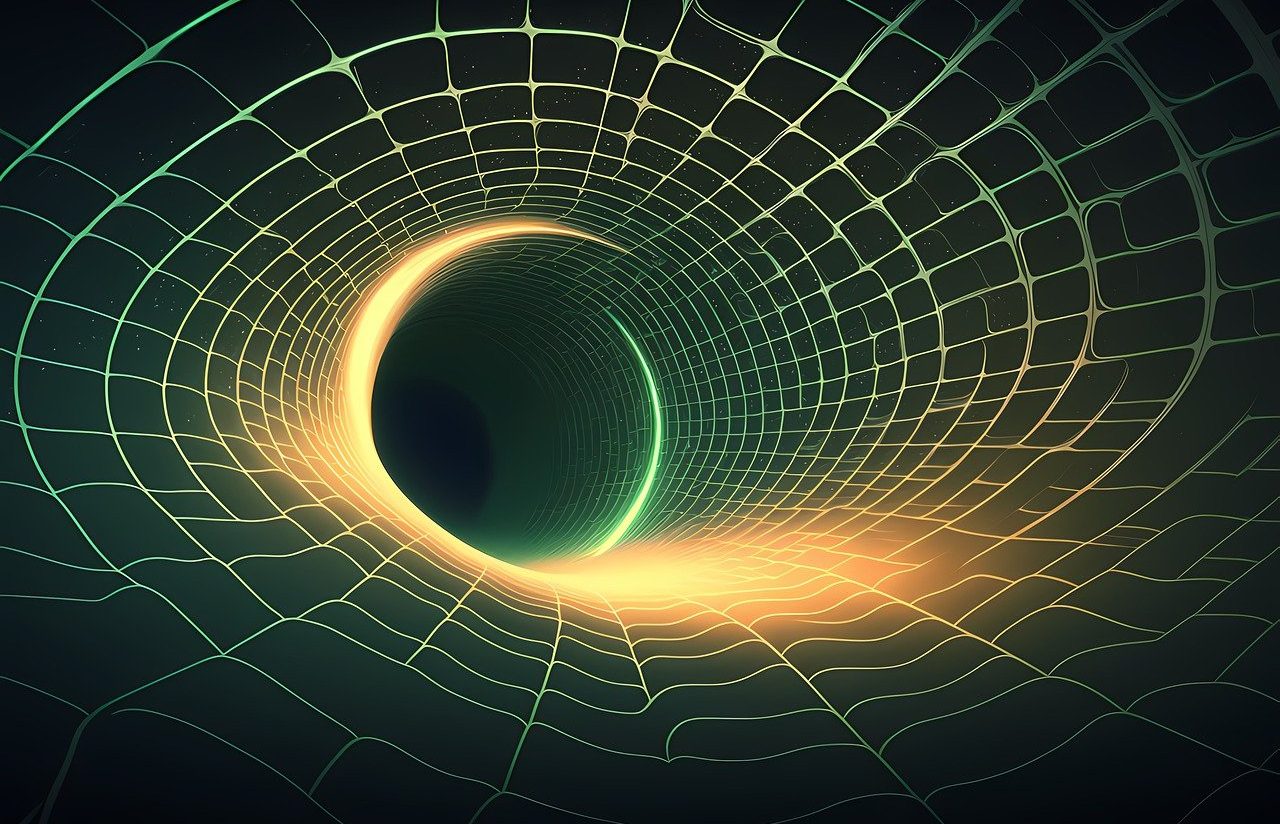
Relying on notions of time and matter, a physicist who teaches at Harvard assured that there is, although minimal, a chance of designing a time machine capable of going back (to return to a past) and forward (in order to know a future). far).
Time travel is a topic widely addressed in science since since ancient times humanity has fantasized about the possibility of being able to carry out temporary transfers either to the past or to transport itself forward, to what we call the future. The idea of experiencing movements between parallel universes or different dimensions is not even ruled out.
The theory of relativity is key in the study of time travel . According to this content, forward and sideways movements of material particles are recorded in space-time . It was also experimentally proven that a rapid movement such as the speed of light causes time dilation .
Thanks to the advancement of technology and research that leads to relevant scientific findings, multiple interesting data have been added to confirm that, although there is still much to discover and work to do in this regard, there are chances of understanding time travel as a viable reality.
Types of time travel
The alternatives contemplated regarding time travel give rise to several categories.
In the field of fiction , for example, it is customary to develop plots in which there are trips to the past . These backward journeys usually happen without specifying what and how the space-time trajectory that a given time traveler follows is. From the analysis of this option, it emerges, among other conclusions, that if there are no other particles involved, the principle of conservation of energy is violated both at the moment when the transfer to a previous time begins and at the arrival of the particle to the past.
The trip to a distant future time , on the other hand, requires reaching a speed close to the speed of light so that the transport of a time machine can be carried out to a later period without causing the traveler to age. In this context, it is enriching to explore the twin paradox in order to understand how the time dilation effect can lead an astronaut to return from an interstellar expedition being significantly younger compared to his twin brother who remained on Earth . According to specialists on this topic, this approach also serves to think about how a wormhole could become essential when converting an initially unidirectional time machine into bidirectional.

Until now, no one has managed to travel in time, but there are numerous scientists dedicated to discovering and substantiating whether it is possible, or not, to make the idea of moving to a certain past or traveling in a machine towards the future a reality.
Scientific foundations
The theory of relativity observed in relation to time and time dilation are part of the scientific foundations that are recognized when studying the possibility of time travel .
As quantum physics progressed, tests focused on achieving travel through time increased. For example, a manipulation of quantum entanglement was achieved and, taking advantage of the benefits of quantum mechanics , routes of hypothetical order were established, baptized as closed time-type curves that emerge from the theory of general relativity . There are still challenges to overcome and questions to answer, but there is now scientific support to indicate that a time loop allows a transfer to the past.
We must not lose sight of the fact that, in Stephen Hawking 's opinion, the particularities of a black hole mean that it can be interpreted as a natural time machine . Nor should we overlook the theory classified as the Einstein -Rosen bridge , which focuses on the ability of matter to, at different times, move from one point in the universe to another.
Fast tachyons have also been investigated in the context of quantum field theory . It is estimated that, thanks to their power to move into the past, these hypothetical particles could be capable of traveling in time .

Those who study ways to achieve time travel maintain that perhaps this desire could be realized thanks to hypothetical structures known as wormholes.
Time travel within fiction
The possibility of traveling in time has inspired, throughout history, a large number of people dedicated to the creation of fictional materials . This is reflected in multiple feature films, television series and literary works that have been coming to light in different corners of the world and serve as an example to explain the treatment or approach of transtemporal journeys .
As references, we can mention the science fiction novel created by the British author HG Wells , which in Spanish is known under the title “The Time Machine” , the science fiction film “12 Monkeys” and the television series “Doctor Who”. .
“Back to the Future” (saga also popularized as “Back to the Future” ), “Looper” and “The Butterfly Effect” , as well as the book “11/22/63” by Stephen King , Isaac Asimov 's publication named “The End of Eternity” and Ray Bradbury 's story called “A Thunderous Sound” are other proposals that allude to time travel .
